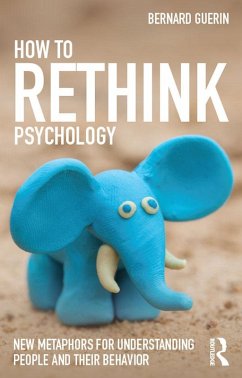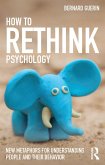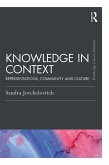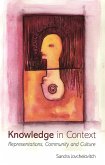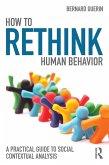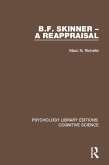The book begins by discussing the significance of the key metaphor underlying mainstream psychology today - the 'particle' or 'causal' metaphor - and explains the need for a shift towards new 'wave' or 'contextual' metaphors in order to appreciate how individual and social actions truly function. It explores new metaphors for thinking about the relationship between language and reality, and teaches the reader how they might reimagine the processes involved in the act of thinking itself. The book concludes with a consideration of how these new metaphors might be applied to practical methods of research and understanding change today.
How to Rethink Psychology is important reading for upper-level and postgraduate students and researchers in the fields of social psychology, critical psychology, and the philosophy of psychology, and will especially appeal to those studying behavior analysis and radical behaviorism. It has also been written for the general reading public who enjoy exploring new ideas in science and thinking.
Dieser Download kann aus rechtlichen Gründen nur mit Rechnungsadresse in A, B, BG, CY, CZ, D, DK, EW, E, FIN, F, GR, HR, H, IRL, I, LT, L, LR, M, NL, PL, P, R, S, SLO, SK ausgeliefert werden.
- Steven C. Hayes, Department of Psychology, University of Nevada, Reno, USA
'In this indispensable book you will find provocative arguments and metaphors that will shake your beliefs about human action. Rather than providing answers, Bernard Guerin shows what kinds of questions are worth asking in order to advance our understanding of psychology.'
- Julio C. de Rose, Department of Psychology, Federal University of São Carlos, Brazil
- Steven C. Hayes, Department of Psychology, University of Nevada, Reno, USA
'In this indispensable book you will find provocative arguments and metaphors that will shake your beliefs about human action. Rather than providing answers, Bernard Guerin shows what kinds of questions are worth asking in order to advance our understanding of psychology.'
- Julio C. de Rose, Department of Psychology, Federal University of São Carlos, Brazil

